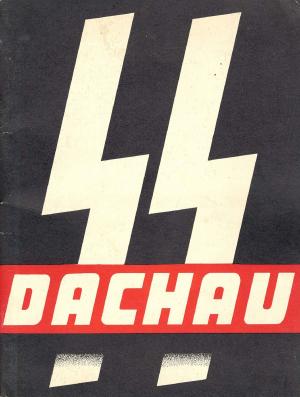| Author: | Lt. Gen. Ngo Quang Truong | ISBN: | 9781786254597 |
| Publisher: | Normanby Press | Publication: | November 6, 2015 |
| Imprint: | Normanby Press | Language: | English |
| Author: | Lt. Gen. Ngo Quang Truong |
| ISBN: | 9781786254597 |
| Publisher: | Normanby Press |
| Publication: | November 6, 2015 |
| Imprint: | Normanby Press |
| Language: | English |
Includes over 30 maps and illustrations
This monograph forms part of the Indochina Monograph series written by senior military personnel from the former Army of the Republic of Vietnam who served against the northern communist invasion.
“In 1968, a U.S. presidential election year, Communist North Vietnam initiated the Tet Offensive, striking at almost all major cities and towns of South Vietnam. This general offensive was eventually defeated by the collective efforts of the Republic of Vietnam, United States and Free World Assistance forces. Four years later, in 1972—again a U.S. presidential election year—North Vietnam threw its entire military might behind an invasion to conquer the South. This time, however, South Vietnam had to fight for survival with only logistics and combat support provided by the United States. Almost all U.S. and Free World Military Assistance combat forces had been withdrawn when the first attacks began on 30 April 1972.
By all standards, the Easter Offensive of 1972 was one of North Vietnam’s most significant initiatives during the Vietnam War. This all-out effort involved eventually in excess of ten divisions on each side and affected the lives of well over a million South Vietnamese people. During the eight long months of fierce fighting, the Republic of Vietnam Armed Forces put Vietnamization to a severe test.
During the period of the Easter Offensive, I had the privilege of participating in some of its major battles, first as IV Corps and then as I Corps commander beginning in early May 1972. I visited many of our combat units as they fought the North Vietnam Army and commanded the RVNAF counteroffensive to retake Quang Tri City. My critical analysis of the enemy 1972 Easter Invasion, therefore, is based almost exclusively on my own personal observations, impressions and interviews with Vietnamese who were directly involved.”-Authors’ Preface.
Includes over 30 maps and illustrations
This monograph forms part of the Indochina Monograph series written by senior military personnel from the former Army of the Republic of Vietnam who served against the northern communist invasion.
“In 1968, a U.S. presidential election year, Communist North Vietnam initiated the Tet Offensive, striking at almost all major cities and towns of South Vietnam. This general offensive was eventually defeated by the collective efforts of the Republic of Vietnam, United States and Free World Assistance forces. Four years later, in 1972—again a U.S. presidential election year—North Vietnam threw its entire military might behind an invasion to conquer the South. This time, however, South Vietnam had to fight for survival with only logistics and combat support provided by the United States. Almost all U.S. and Free World Military Assistance combat forces had been withdrawn when the first attacks began on 30 April 1972.
By all standards, the Easter Offensive of 1972 was one of North Vietnam’s most significant initiatives during the Vietnam War. This all-out effort involved eventually in excess of ten divisions on each side and affected the lives of well over a million South Vietnamese people. During the eight long months of fierce fighting, the Republic of Vietnam Armed Forces put Vietnamization to a severe test.
During the period of the Easter Offensive, I had the privilege of participating in some of its major battles, first as IV Corps and then as I Corps commander beginning in early May 1972. I visited many of our combat units as they fought the North Vietnam Army and commanded the RVNAF counteroffensive to retake Quang Tri City. My critical analysis of the enemy 1972 Easter Invasion, therefore, is based almost exclusively on my own personal observations, impressions and interviews with Vietnamese who were directly involved.”-Authors’ Preface.
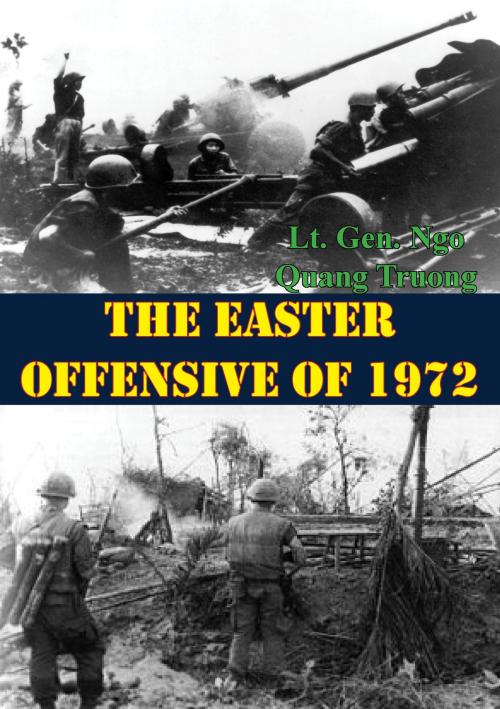



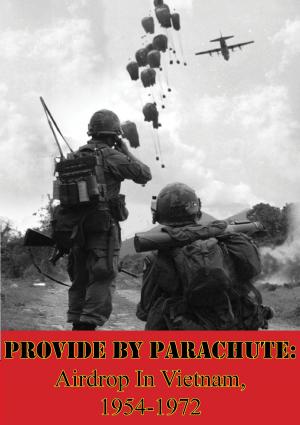
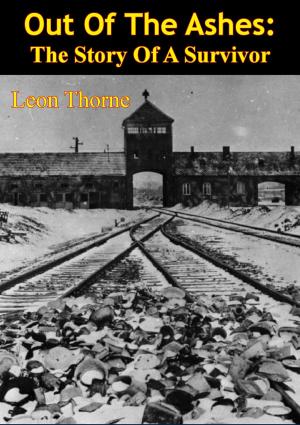
![Cover of the book Seventy-One Years Of A Guardsman’s Life [Illustrated Edition] by Lt. Gen. Ngo Quang Truong](https://www.kuoky.com/images/2014/august/300x300/9781782899204-3Spp_300x.jpg)
![Cover of the book Five Chimneys: A Woman Survivor’s True Story Of Auschwitz [Illustrated Edition] by Lt. Gen. Ngo Quang Truong](https://www.kuoky.com/images/2015/november/300x300/9781786251794-vVTC_300x.jpg)
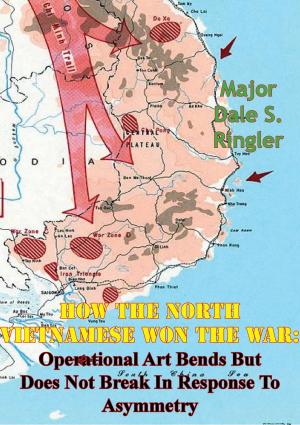
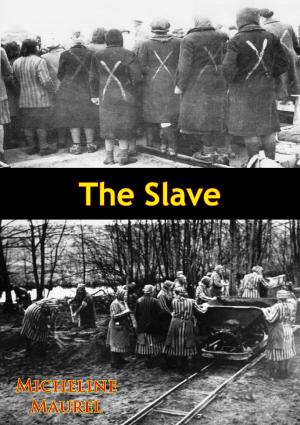

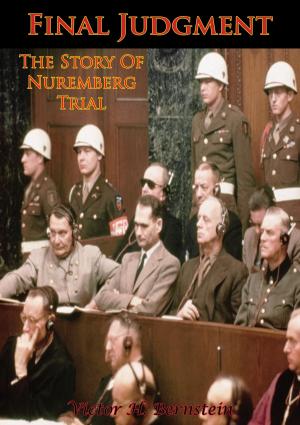
![Cover of the book Small Unit Action In Vietnam Summer 1966 [Illustrated Edition] by Lt. Gen. Ngo Quang Truong](https://www.kuoky.com/images/2014/august/300x300/9781782893608-HtjI_300x.jpg)

